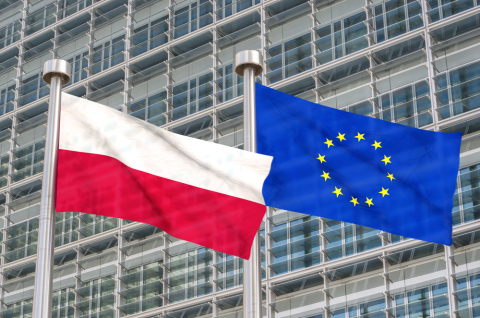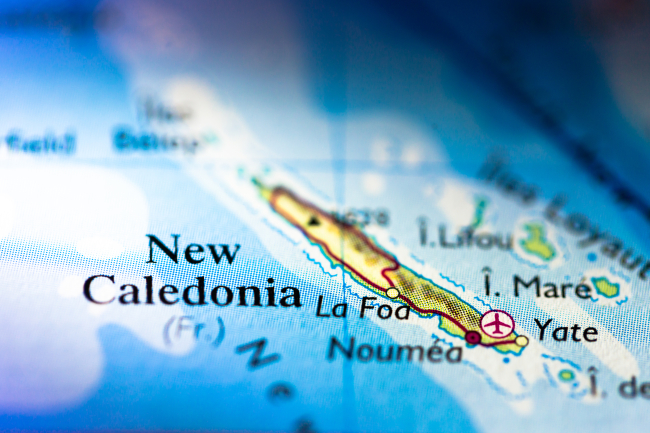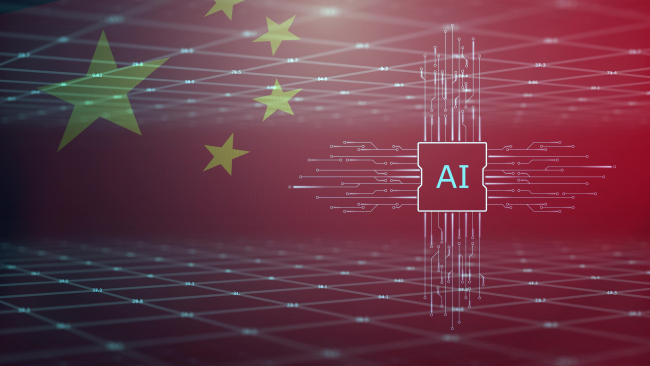Europe and China: Cooperation with Complex Legal Dimensions

This article aims to evaluate legal aspects of the content and implementation of the 'strategic partnership' between the EU and the People's Republic of China. In the absence of a category of 'emerging countries' in international economic law, the Union must adapt its foreign policy with regard to this major economic and commercial power.
This article aims to evaluate legal aspects of the content and implementation of the 'strategic partnership' between the EU and the People's Republic of China. In the absence of a category of 'emerging countries' in international economic law, the Union must adapt its foreign policy with regard to this major economic and commercial power.
Relations between the European Community and China are currently governed by a second-generation agreement signed in 1985. However, a new dynamic has been set in motion since 2003, by the drawing up of preparatory documents by both parties and joint declarations at annual summits bearing on the 'strategic partnership'. Seen in a long-term perspective, this partnership helps provide a measure of predictability in relations between the two partners, through combining elements of 'soft law' and 'hard law'.
The insertion of political dialogue into the strategic partnership seems to alter the coherence of the Union, notably with regard to the difficulties of implementing the dialogue on human rights. The added value of the partnership lies essentially in its economic and commercial aspects, through not only the putting into place of nonbinding 'economic dialogues' which cover a large spectrum of the relationship, but also by the multiplication of sector-based accords in numerous areas (maritime transport, customs cooperation, etc.). This constant development has thus allowed parties, at the last annual summit, to envisage the conclusion of a new framework agreement. The Commission in December 2005 was then given the mandate to conclude a Partnership and Cooperation Agreement.
The present paper will sketch out a forecast of the legal framework, measured against the yardsticks of Asia regional reconfiguration and the law of the World Trade Organization (WTO). The commercial risks of the relationship could imply the integration of the domains known as 'WTO plus' into the future agreement, notably the domains of investments and intellectual property rights, it would involve a mixed agreement1. That being the case, the negotiations risk to be fragile at the political level, in particular concerning the insertion of a clause of democratic conditionality in the future agreement. Any clash between the values and the interests of the EU and China would be uncomfortably highlighted during negotiations.
Download the full analysis
This page contains only a summary of our work. If you would like to have access to all the information from our research on the subject, you can download the full version in PDF format.
Europe and China: Cooperation with Complex Legal Dimensions
Related centers and programs
Discover our other research centers and programsFind out more
Discover all our analysesThe Case for Enhanced France-Philippines Maritime Cooperation
France and the Philippines, two Indo-Pacific nations, can capitalize on their shared interests, needs, and expertise in maritime security and governance, ultimately fostering strategic rapprochement.
France’s maritime security cooperation in the Pacific
France plays a significant role in Pacific maritime security, particularly through the active participation of its overseas territories and the contribution of its stationed armed forces to regional cooperation initiatives.
Taiwan’s Rising Space Program: Building Up Industry, Supporting National Security
Taiwan, known for its leadership in semiconductors and information and communications technology (ICT), is now making significant strides in the space industry. While historically modest, Taiwan’s space program has seen a transformation since 2020, driven by President Tsai Ing-wen’s commitment to expanding the country’s space capabilities. Key milestones include the passage of the Space Development Act and the creation of the Taiwan Space Agency (TASA), which has bolstered the resources and visibility of Taiwan’s space ambitions.
AI and Technical Standardization in China and the EU: Diverging priorities and the need for common ground
Given the highly disruptive potential of AI, global cooperation on AI safety and governance is imperative, and yet the deeply transformational potential of AI also ensures that a high level of competition and systemic rivalry is likely unavoidable. How can the EU best manage its complex relationship with China in the field of AI so as to ensure a necessary level of cooperation in spite of competition and rivalry?











